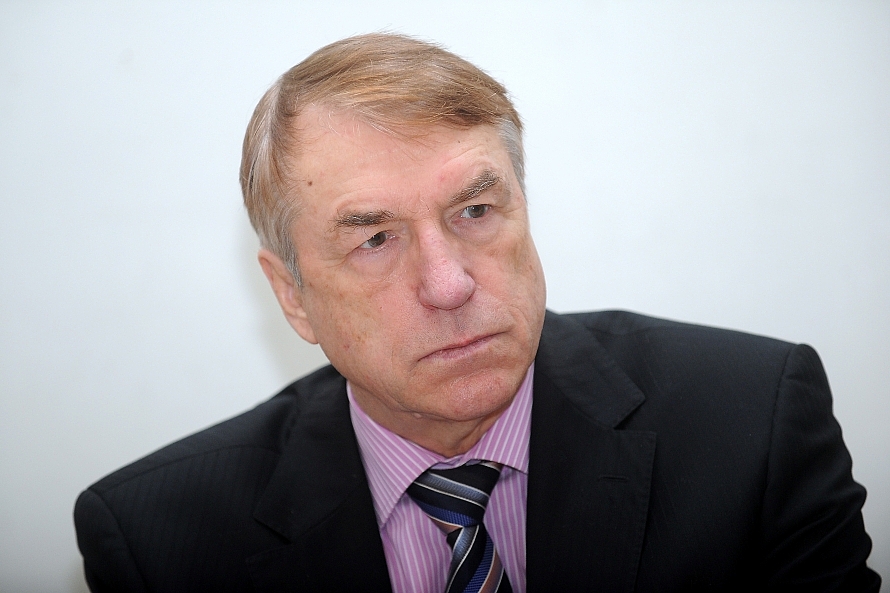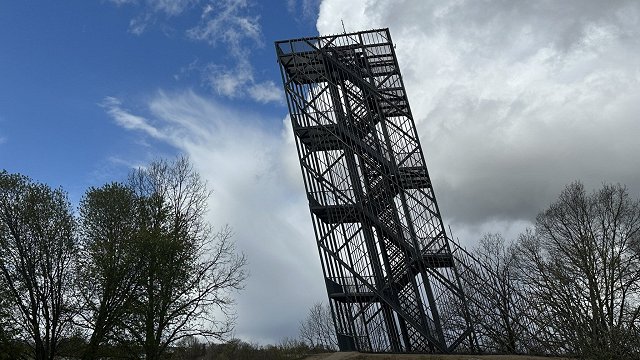The FDA approval opens the way for Belinostat to be registered as an approved anti-cancer medicine in other countries around the world. In addition to the approved indications against peripheral T-cell lymphoma (PTCL), the drug is currently in clinical trials for 11 other forms of cancer in the US and EU.
This brings to a close a 13-year cycle of this particular drug's development from the laboratory to the pharmacist's shelf, OSI director Ivars Kalviņš told LETA Monday. Usually an average of $1bn is invested in the launching of a drug from development to market, with the FDA approval process taking decades and rejecting many applications.
A provisional brand name under development for Belinostat could be BELEODAQ, however that remains to be determined.
Latvia’s OSI contributed the original invention and synthesis of the active compound in Belinostat, as well as thousands of analogous compounds used as substitutes in several other patents registered with the European Patent Office (EPO) in 2001. Three of the eight OSI scientists – Ivars Kalviņš, Einārs Loža and Klāra Dikovska were directly involved in developing the Belinostat compound, however the entire team worked on the additional analogous compounds.
The eight OSI scientists applied with the British firm Prolifix Limited in 2001 at the EPO for their synthesized compounds (E)-N-HYDROXY-3-(3-SULFAMOYL-PHENYL)-ACRYLAMIDE COMPOUNDS and their therapeutic use. Later Danish company TopoTarget bought the project and sold it on to US-based Spectrum Pharmaceuticals, which has now registered the unpatented drug name Belinostat with the FDA.
"If the state had financed us (OSI), our contribution would have been much greater," OSI director and leader of the research team Ivars Kalviņš told LSM Tuesday.
"Right now we – the public sector of science in Latvia – do not have access to the innovation infrastructure essential to conduct an entire drug-development cycle. We don’t have the properly equipped pharmacological and toxicological laboratories for pilot projects. That’s why we’re forced to develop medicines on commission, for private money, mostly for foreign firms and Latvia loses the lion’s share of the benefits that it could have received were it to invest in the support of public sector innovation. If you look into TopoTarget’s online publications you will see that this is hundreds of millions, even billions in unearned profits," Kalviņš shared his concerns about prospects for similar successes in Latvia's grossly underfunded public science sector.
"I applaud Mr.Kalviņš and his team! Latvian scientists get approval for the medical use of their anti-cancer drug. I'm proud!," the premier cheered in her tweet Monday.
Apsveicu Kalviņa kungu un viņa komandu! Latviešu zinātnieki saņem atļauju ilgi izstrādātās pretvēža zāles izmantot medicīnā. Lepojos!
— Laimdota Straujuma (@Straujuma) August 25, 2014
The OSI is a state scientific institution charged with fundamental and applied research into chemistry, pharmacy, pharmacology and biology. The OSI has a staff of 312 employees, including 180 researchers, nine members of the Latvian Academy of Sciences, and over a hundred doctoral degree-holders.
































